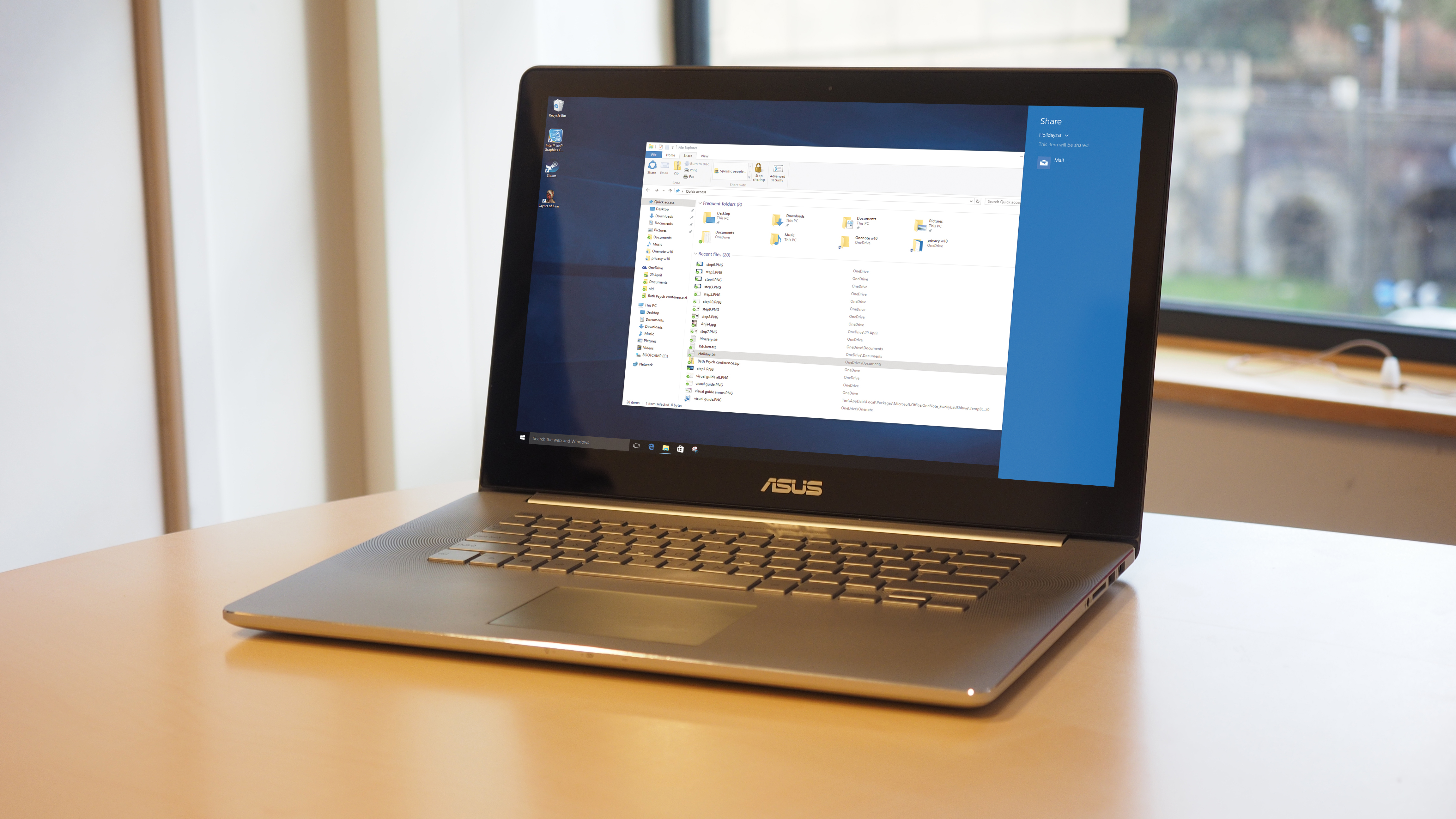Microsoft backtracks on controversial Windows 10 upgrade tactics (again)
Redmond has tweaked its nag pop-up based on customer feedback

Sign up for breaking news, reviews, opinion, top tech deals, and more.
You are now subscribed
Your newsletter sign-up was successful
Microsoft has backtracked on the recent move it made to push through more Windows 10 upgrades, whereby clicking on the cross icon to close the 'Get Windows 10' pop-up was considered as consent for the OS upgrade.
Of course, you'd think that clicking that cross would simply be dismissing the pop-up, not agreeing to a scheduled upgrade (which was the case for those with their PCs set to accept recommended updates – with Windows 10 being 'recommended'), so predictably enough this caused quite the PR storm.
However, according to a BBC report, Redmond has now changed things based on "customer feedback" (read: being shouted at) so users now have the chance to cancel the scheduled upgrade.
Microsoft told the Beeb: "We've added another notification that confirms the time of the scheduled upgrade and provides the customer an additional opportunity for cancelling or rescheduling the upgrade."
Definite no
That's obviously an improvement to having a surprise upgrade fire up on your PC after dismissing a nag screen, but as others are pointing out, there should be a simple dismissal where you can say no to Windows 10 and never be bothered by the spectre of it again, if you've firmly decided you don't want to upgrade from Windows 7 or 8.1.
It's not really that much to ask, is it?
Sadly, Microsoft seems hell-bent on attempting to cajole as many folks as possible into upgrading to the new OS, somewhat understandably given the failure of Windows 8 before it. But if doing so loses the collective goodwill of Windows users, regardless of whether Windows 10 is seen as a good operating system or not, it's going to be a public relations failure.
Sign up to the TechRadar Pro newsletter to get all the top news, opinion, features and guidance your business needs to succeed!
There may be very good reasons why people don't want to upgrade, and one of those was revealed yesterday, with the announcement that 32-bit Windows 10 is doubling up the minimum amount of system memory required to 2GB with the release of the Anniversary Update this summer. That could be a massive problem for those running devices with 1GB of memory who have had an upgrade pushed onto them.
Darren is a freelancer writing news and features for TechRadar (and occasionally T3) across a broad range of computing topics including CPUs, GPUs, various other hardware, VPNs, antivirus and more. He has written about tech for the best part of three decades, and writes books in his spare time (his debut novel - 'I Know What You Did Last Supper' - was published by Hachette UK in 2013).